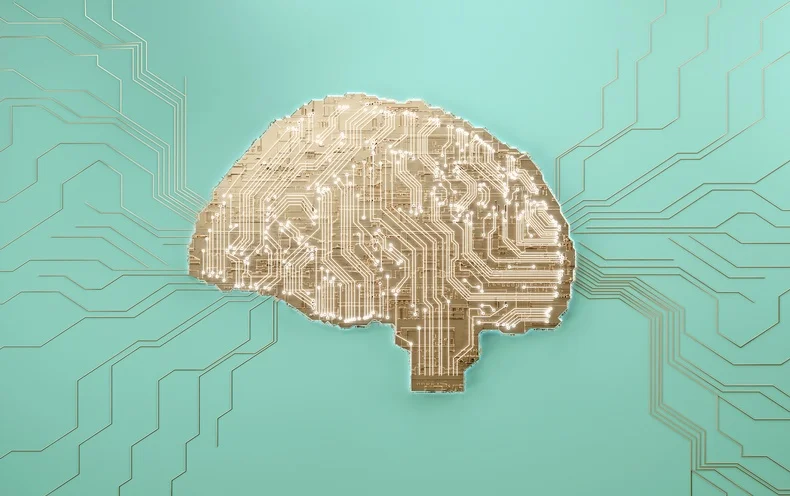John Carmack, a former executive at Facebook, Doom creator, father of virtual reality, and a disgruntled Meta employee, has recently made a bold claim about the future of artificial intelligence. In a recent interview, Carmack stated that AI will soon be able to simulate the human brain with unprecedented accuracy.
Carmack, who is widely recognized as one of the pioneers of virtual reality, believes that advances in AI and neural networks will soon allow machines to mimic human cognitive abilities such as perception, decision-making, and even emotions. He says that this will lead to a future where machines will be able to learn, reason, and interact with humans in much more sophisticated ways.
“I think that, almost certainly, the tools that we’ve got from deep learning in this last decade,” the famed programmer told Dallas Innovates, “we’ll be able to ride those to artificial general intelligence.”

Carmack’s predictions are not without their skeptics, however. Some experts in the field of AI have pointed out that simulating the human brain is an incredibly complex task that will require advances in a wide range of disciplines, including neuroscience, computer science, and engineering. They also note that there are still many unknowns about how the brain works and that we are still far from understanding all of its intricacies.
For AI’s general intelligence, all we need to do is figure out what “awareness” is, and we’ll be mimicking the human brain in no time. “The thing we don’t yet have is sort of the consciousness, the associative memory, the things that have a life and goals and planning,” Carmack continued. “I mean, forget human brains; we don’t even have things that can act like a mouse or a cat.”

Despite these challenges, Carmack remains optimistic about the future of AI. He believes that the rapid pace of technological progress in recent years is a testament to the fact that we are moving closer and closer to simulating the human brain. He also notes that the development of AI will have far-reaching implications for society, including the potential to solve some of the world’s biggest problems such as climate change, poverty, and disease.
In conclusion, while the idea of simulating the human brain with AI may seem far-fetched to some, John Carmack’s predictions are a reminder of just how rapidly the field of AI is advancing. As technology continues to progress at a breakneck pace, it is not hard to imagine a future where machines will be able to truly understand and interact with humans in ways that were once thought impossible. Whether or not we will see such a future in our lifetimes remains to be seen, but the future of AI will be one of the most exciting and transformative developments of the 21st century.


